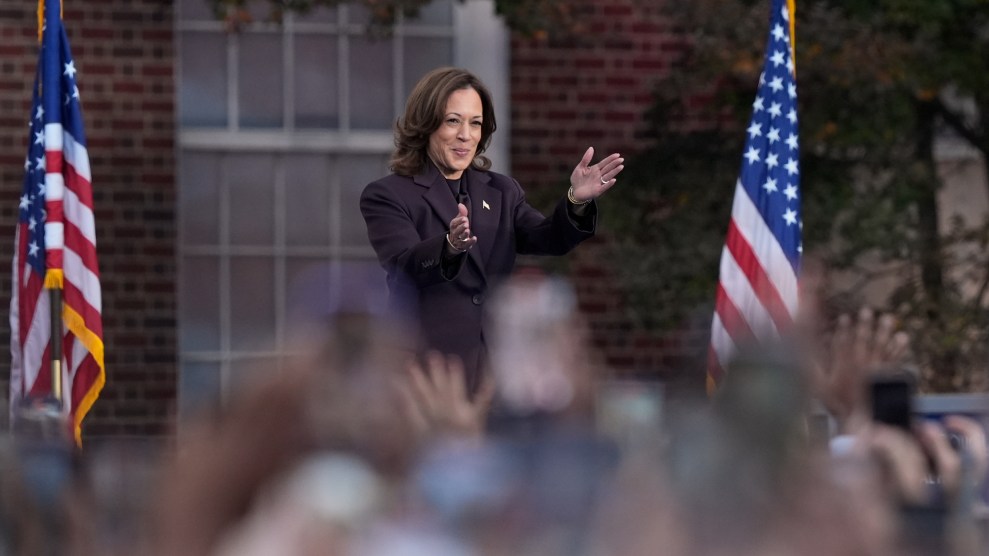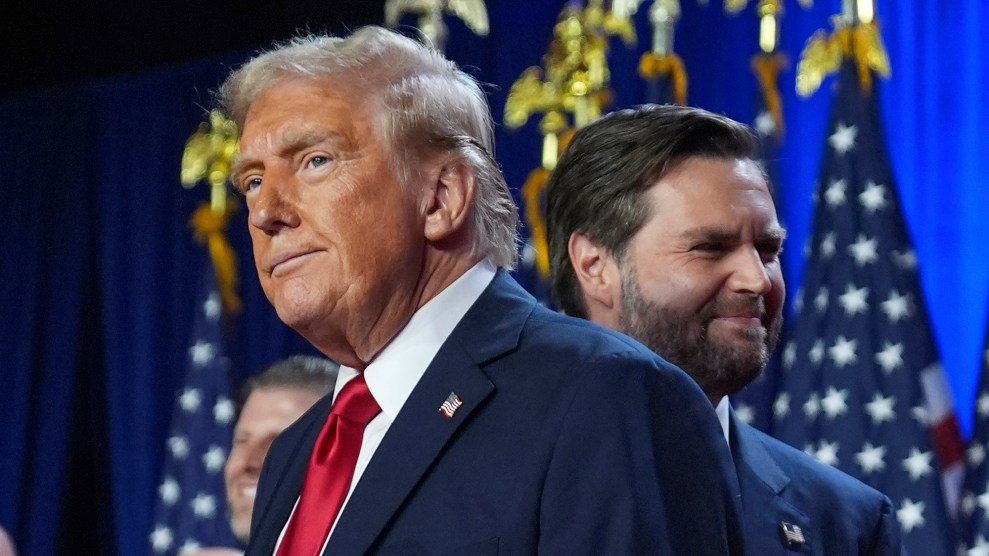The legal black hole in which private contractors have been operating in Iraq may be narrowing. Earlier today, the House voted overwhelmingly in favor of a measure that would extend the reach of the Military Extraterritorial Jurisdiction Act (MEJA) to include any contractor (or subcontractor, at any tier) working outside the United States for any federal agency in any place where the U.S. military is engaged.
This is the second proposed revision of MEJA since 2000. The law initially covered only civilians working directly for the U.S. military overseas. A 2004 amendment expanded its jurisdiction to include employees of any federal agency supporting a DOD mission abroad. But the law still does not apply to civilians working in areas not directly related to the U.S. military.
Blackwater operators involved in the September 16 shootings in Baghdad, which left 17 dead and another 24 wounded, were protecting U.S. diplomats under a State Department contract. It is therefore unclear whether the incident would fall under MEJA’s jurisdiction. All contractors are immune from Iraqi law.
This loophole would be closed by the bill—sponsored by David Price, Democrat of North Carolina—that passed the House today by a margin of 389 to 30; all dissenting votes were cast by Republicans. A similar measure is expected to come before the Senate. If senators vote in similar numbers, any veto from President Bush could be easily swept aside.
The White House issued a statement yesterday, opposing Price’s bill as carrying “unintended and intolerable consequences for crucial and necessary national security activities and operations.” An AP reporter asking for clarification was referred to the Justice Department, which refused comment.
For its part, the private military industry appears to be in favor of Price’s bill. The International Peace Operations Association, an industry trade group, has expressed its support, as did Blackwater founder and CEO Erik Prince in his testimony before the House Oversight Committee on Tuesday.















